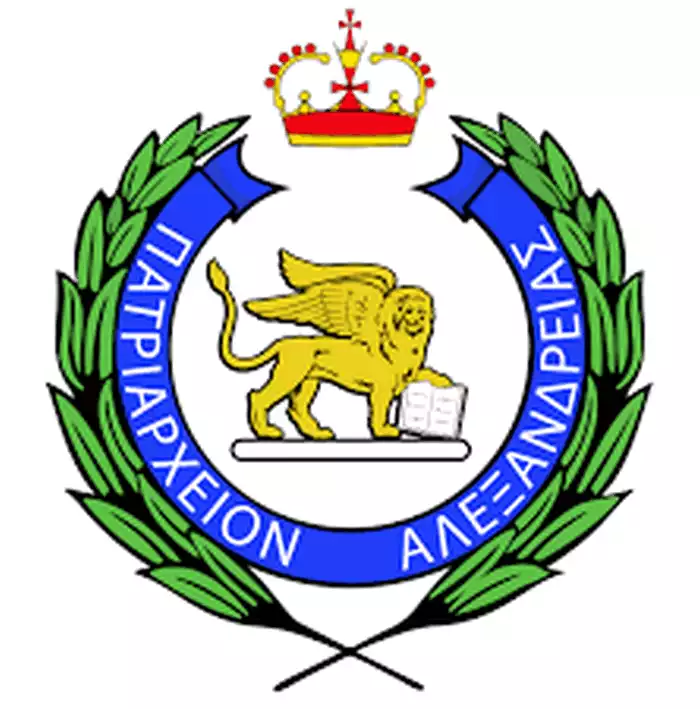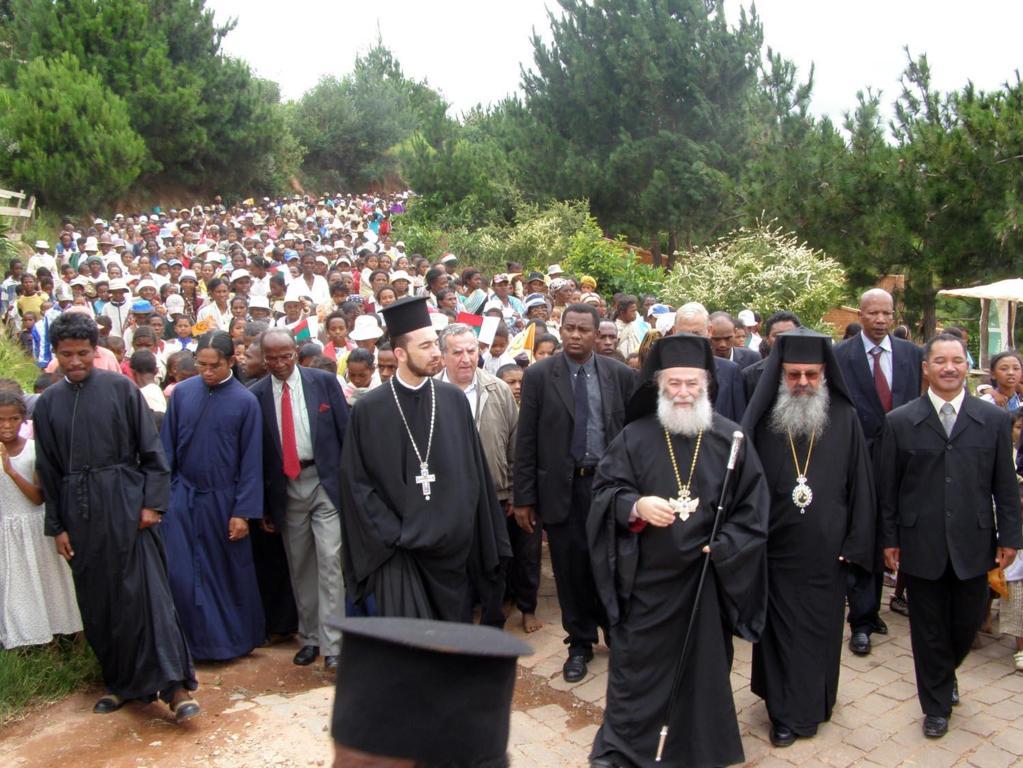
The Eastern Orthodox Patriarchate of Alexandria and All Africa stands as a beacon of faith and tradition within the Christian world. Founded in the early Christian era, it has played a pivotal role in the spiritual and cultural shaping of Christianity, particularly in Africa and the Eastern Orthodox realm.
Etymology and Typological Analysis
The term ‘Patriarchate’ finds its roots in the Greek word ‘patriarchēs’, meaning ‘chief father’ or ‘elder’. In the context of the Eastern Orthodox Church, it refers to the jurisdiction of a senior bishop over a particular region. The title ‘Patriarch of Alexandria and All Africa’ denotes the leader’s geographical and spiritual domain, encompassing the continent of Africa. This title is rich in historical and religious significance, echoing the early establishment of Christianity in Alexandria, a city renowned for its scholarly and theological contributions.
Historical Foundations
The history of the Eastern Orthodox Patriarchate of Alexandria and All Africa is intertwined with the spread of Christianity across the Mediterranean and into Africa. Founded in the 1st century AD, the Patriarchate of Alexandria is one of the oldest Christian institutions in the world. Tradition holds that the Gospel was brought to Alexandria by Saint Mark the Evangelist, one of the earliest and most influential figures in Christian history.
The city of Alexandria soon emerged as a significant center of Christian learning and theological discourse. The famed Catechetical School of Alexandria, a beacon of early Christian scholarship, fostered great theological minds like Origen and Clement of Alexandria. These scholars played a crucial role in shaping Christian doctrine and defending the faith against heresies.
As the Christian faith took root in Africa, the Patriarchate of Alexandria extended its influence, guiding the spiritual life of numerous Christian communities. The early centuries were marked by theological debates and the formulation of core doctrines, with the Patriarchate playing a critical role in the ecumenical councils.
Throughout its history, the Eastern Orthodox Patriarchate of Alexandria and All Africa has faced challenges, including political upheavals and religious conflicts. Yet, it has remained a steadfast guardian of Orthodox Christianity, preserving its traditions and teachings across the African continent.
Theological Contributions and Influence
The Eastern Orthodox Patriarchate of Alexandria and All Africa has been a crucible of theological thought and ecclesiastical leadership throughout its history. In the early centuries, Alexandria was not just a center of commerce and culture but also a fertile ground for Christian theology. The Catechetical School of Alexandria, established in the late 2nd century, was instrumental in nurturing early Christian theology. It provided a platform for intellectual discourse, blending Greek philosophical traditions with Christian doctrine. This fusion led to a unique theological perspective, characterized by allegorical interpretation of the Scriptures and a focus on the spiritual and mystical aspects of Christianity.
Notable theologians such as Origen and Clement of Alexandria, products of this school, left indelible marks on Christian thought. Origen, renowned for his work on the Hexapla, a critical edition of the Old Testament, and his profound spiritual exegesis, was a pivotal figure in early Christian scholarship. Clement’s contributions, particularly through his writings like ‘Stromata’, blended Christian doctrine with Platonic philosophy, setting a precedent for future theological explorations.
The Patriarchate’s influence extended beyond theological education. It played a significant role in the early Ecumenical Councils, notably the Council of Nicaea in 325 AD, where it helped shape foundational Christian doctrines, including the nature of Christ and the Trinity. The formulation of the Nicene Creed, a cornerstone of Christian belief, was significantly influenced by Alexandrian theology.
Furthermore, the Patriarchate’s leadership in combating various heresies, such as Arianism, which challenged the divinity of Christ, was crucial in maintaining orthodox Christian teachings. The Patriarchate’s steadfast defense of orthodoxy ensured the preservation and transmission of authentic Christian doctrine through tumultuous times.
The Eastern Orthodox Patriarchate of Alexandria’s theological heritage has been a beacon of Orthodox Christianity, guiding the faith through centuries of challenges and changes. Its contributions to Christian thought and doctrine continue to resonate across the Orthodox world today.
Modern Role and Global Influence
The Eastern Orthodox Patriarchate of Alexandria and All Africa has evolved into a modern religious institution with global influence. Today, it continues to play a pivotal role in Orthodox Christianity, particularly in Africa.
In contemporary times, the Patriarchate has expanded its spiritual and humanitarian efforts across Africa. It has established missions, schools, and hospitals, addressing not only the spiritual needs of its followers but also their educational and health requirements. This active involvement in social issues reflects the Patriarchate’s commitment to living out the Christian faith through service.
The Patriarchate’s influence extends beyond Africa. It maintains ecumenical relationships with other Christian denominations, fostering dialogue and understanding among different faith communities. Its efforts in promoting Christian unity and interfaith dialogue are notable, considering the diverse religious landscape of Africa and the world.
The Patriarchate has also adapted to modern challenges, including globalization and technological advancements. By embracing digital media and online platforms, it remains connected with its global congregation, spreading its teachings and engaging with followers worldwide.
The Eastern Orthodox Patriarchate of Alexandria and All Africa, with its rich history and theological heritage, continues to be a major force in Orthodox Christianity. Balancing tradition with modernity, it addresses contemporary challenges while remaining faithful to its spiritual roots. As it moves forward, the Patriarchate will likely continue to shape the religious landscape, not just in Africa but across the Orthodox world.
References
- “The Alexandria Document.” Brill.com. Ecclesiology, Vol. 19, No. 3, 2023. Accessed December 21, 2023. Brill.
- “Social relations between the Christian communities of Alexandria: Re-examining social boundaries in times of decline.” Journals.OpenEdition.org. Accessed December 21, 2023. OpenEdition Journals.
- “The Patriarchate of Alexandria and All Africa.” PatriarchateofAlexandria.com. Accessed December 21, 2023. Patriarchate of Alexandria.
- History of the Orthodox Church in Africa” by John S. Kanya-Forstner. Oxford University Press, 1991.

